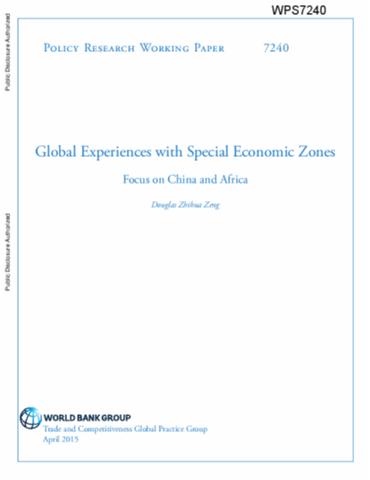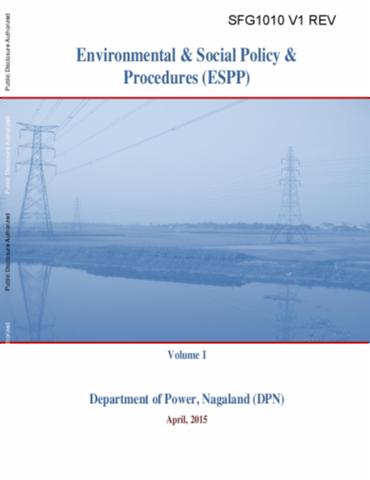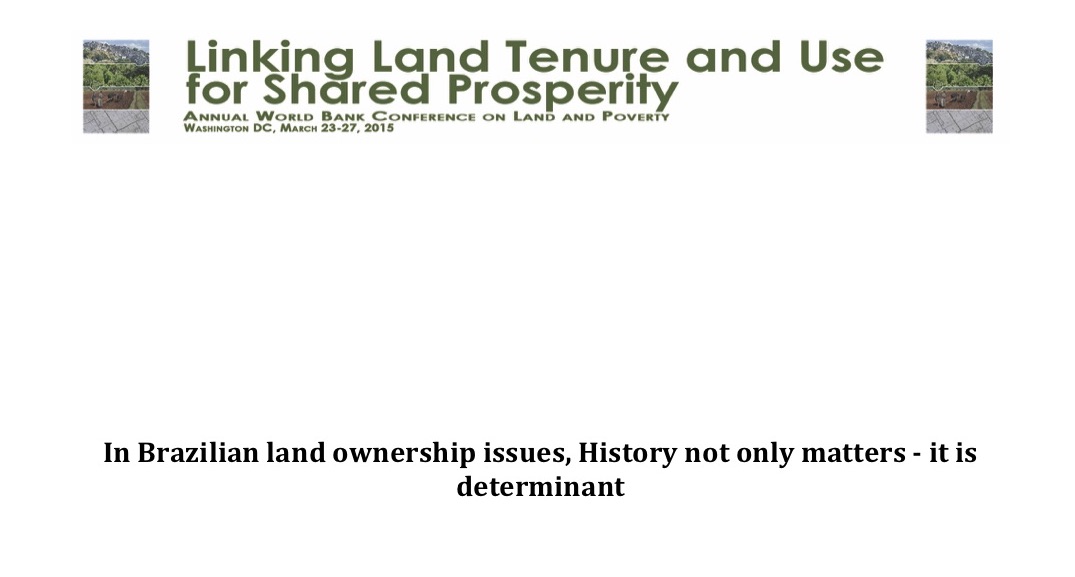Global Experiences with Special Economic Zones
This study briefly summarizes the development experiences of special economic zones in China and Africa, the lessons that Africa can learn from China, and the preliminary results of the Chinese investments in special economic zones in Africa. The study makes recommendations on how to unleash the power of special economic zones and industrial zones in Africa through strategically leveraging the Chinese experiences.







